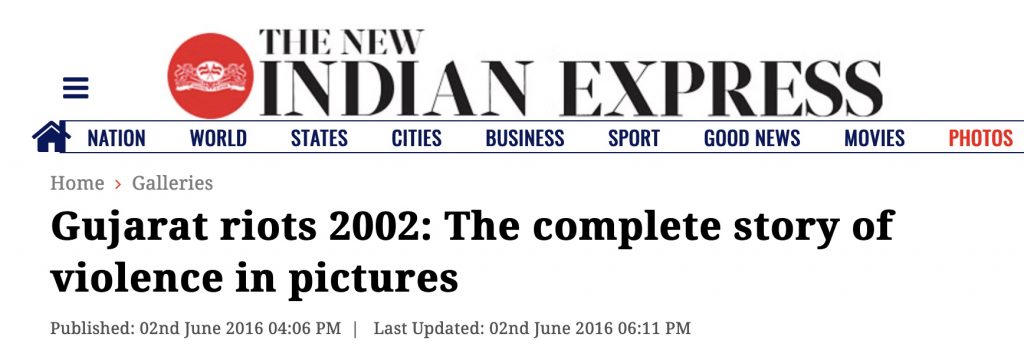15 Aug 2022
India at 75: At the Epicentre of a Clash of Civilisations
India marked the 75th anniversary of its independence on Aug 15 with widespread soul-searching about its past, present and future. The country is now the epicentre of the Clash of Civilisations, openly pursuing a “Muslim-mukt” (Muslim-free) agenda that will take at least a few decades to succeed. The path ahead is strewn with conflict and will have a long-lasting impact across India, the Asia-Pacific and the world at large. Travel & Tourism will be caught up in the convulsions, for sure.
As the Asia-Pacific region’s leading Travel & Tourism historian, I will take readers back 20 years to April 2002 when India hosted the 51st PATA annual conference — a historic event in more ways than one. It was the first after the Sept 11, 2001, terrorist attacks and the first after the deadly Feb 2002 anti-Muslim riots in Gujarat, India. Against that backdrop, what did the leaders of both India and Asia-Pacific travel & tourism say at that PATA conference? What were their hopes, fears, aspirations, vision and objectives?
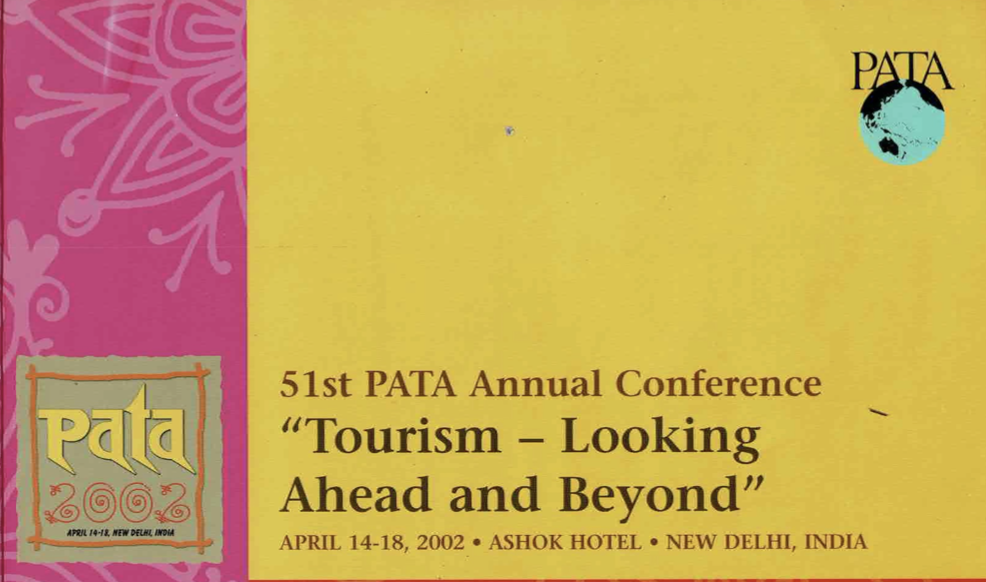
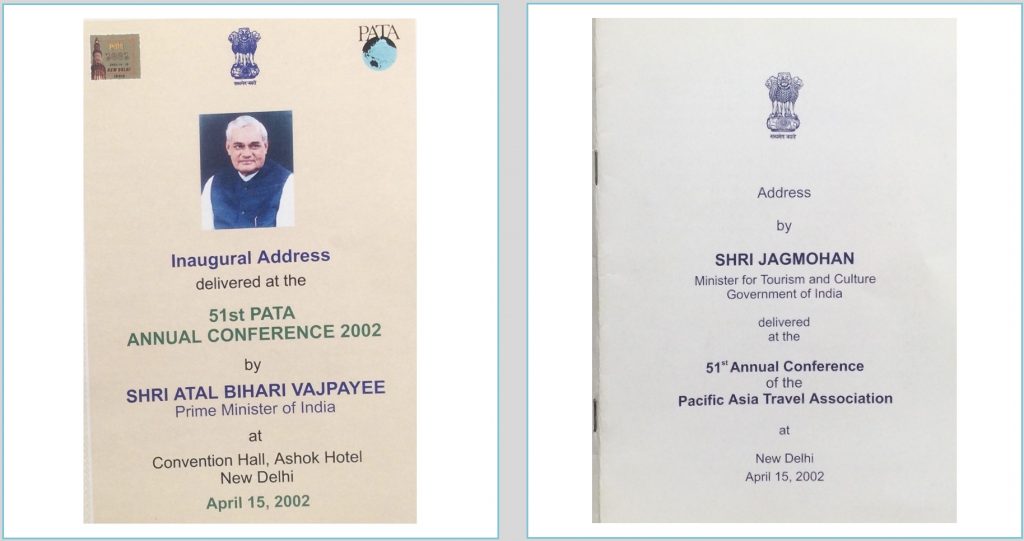
The best starting point would be the two lead speeches by the then Prime Minister of India Mr Atal Bihari Vajpayee and the Tourism and Culture Minister, Mr Jagmohan. Both these speeches can be downloaded by clicking here and here. Read, study and evaluate every word. They serve as a useful checklist against which to analyse what was, and was not, on their respective policy agendas. Then analyse the geopolitical conflicts and other events/actions which followed, and what is the situation today.
By connecting the dots, it will be easy to identify what is likely to happen next, and whether that will be good for Travel & Tourism.
To put the two speeches into context, the Bharatiya Janata Party (BJP) was at the helm of the Indian government in 2002, the same one which is in power today. Mr Vajpayee was the party leader. The moderate, soft tone and content of his speech reflects his status as head of government of an emerging India in the then New World Order. On the other hand, the chief minister at the time of the Gujarat riots was Mr Narendra Modi, then a rising-star BJP member. BJP cadres were running both the state and the central government. Since then, Mr Vajpayee has faded from the scene. Mr Modi has become Prime Minister of India.
Given a “clean chit” and absolved of all responsibility for the Gujarat riots, Mr Modi makes no bones about now wanting a “blank check” to implement his “Gujarat model” agenda at both the national and international levels.
This militant, supremacist version of India, a total contrast to that publicly declared by Mr Vajpayee at the PATA conference, is attracting global media coverage. Anti-Muslim hate is pouring out across multiple media channels, on- and off-line. It is being picked up by respectable journalism outlets with commentators comparing India to an apartheid state, with references to fascism and Nazism.
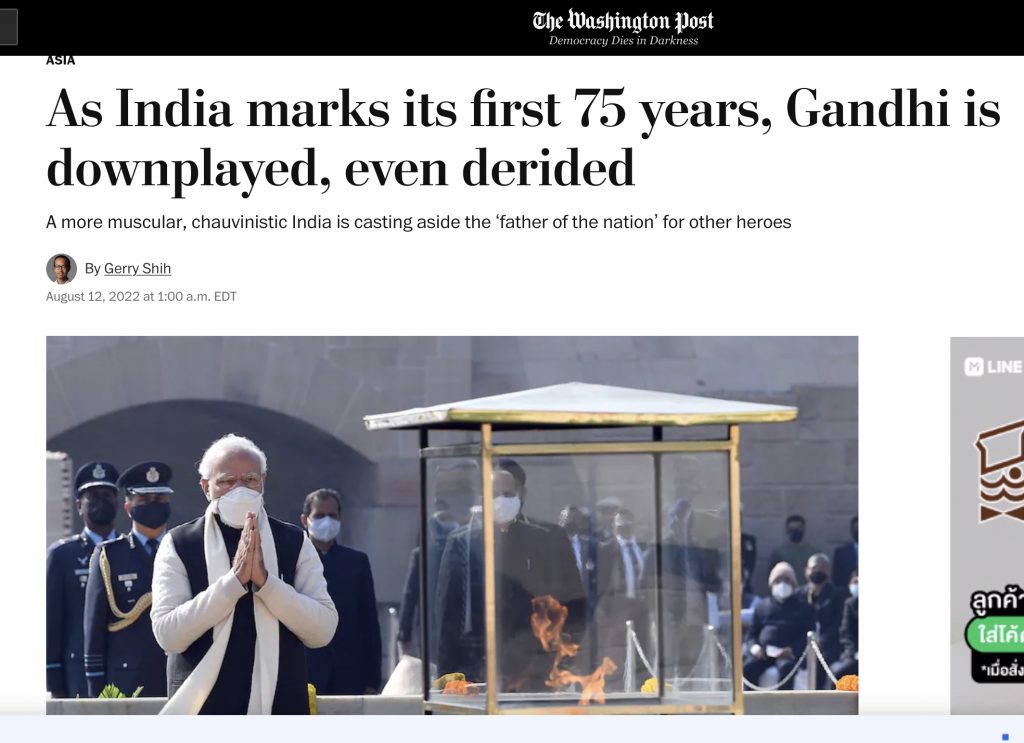

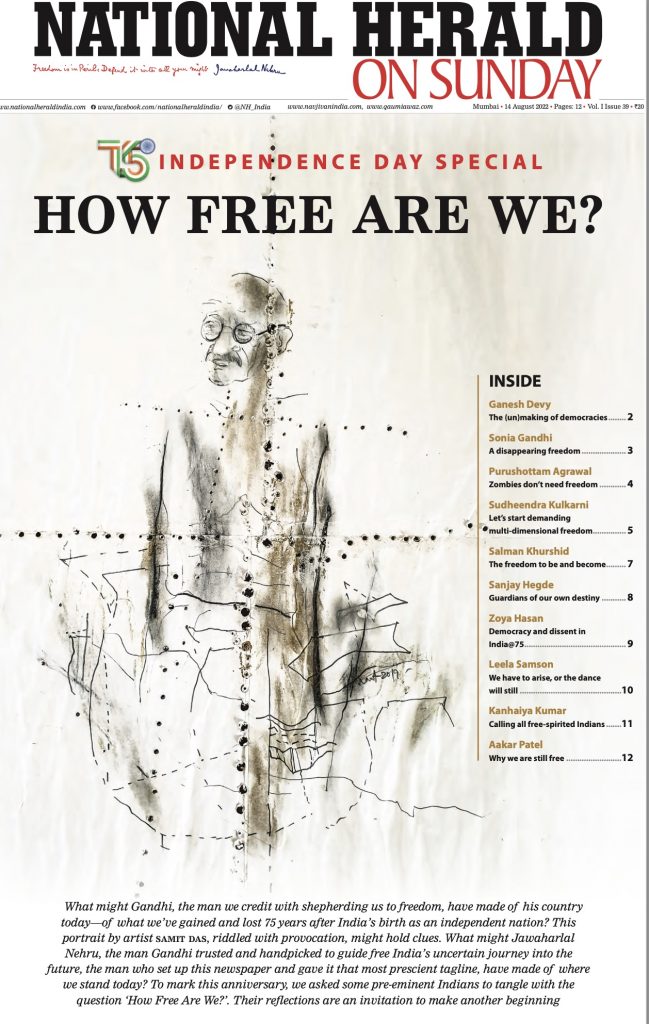
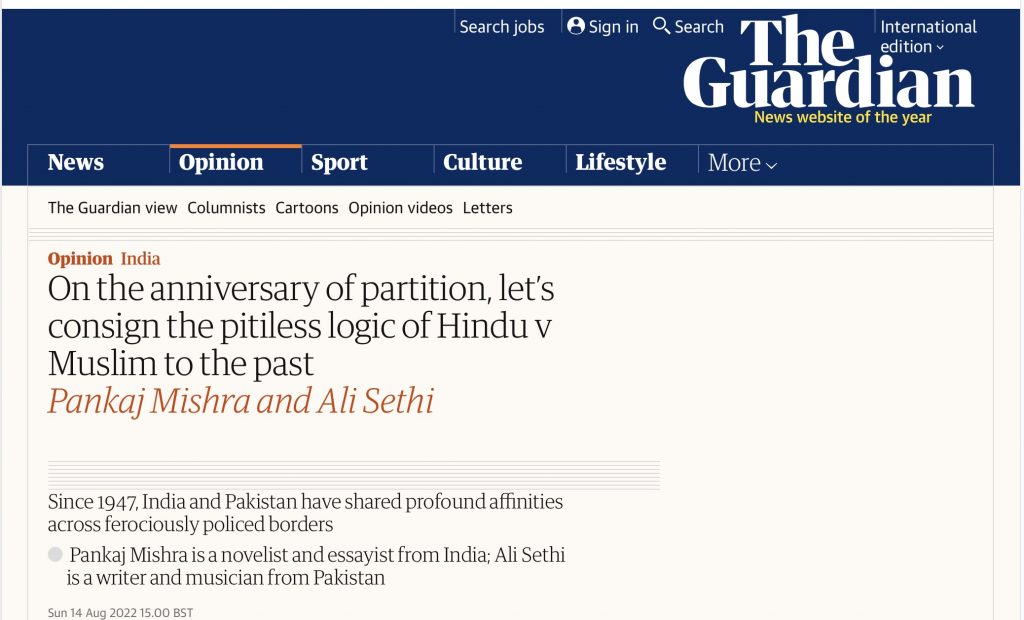
The campaign will gain traction in the build-up to the 2024 general elections. Should the BJP and its allies regain power, it will be full steam ahead. In line with the dictum, “Power Corrupts and Absolute Power Corrupts Absolutely,” for sure there will be a pushback. The fallout will not be peaceful.
In short, all the visions and dreams of Travel & Tourism as a catalyst for peaceful, inclusive societies that harness the ancient wisdoms of Asia’s culture and heritage, as expressed at the PATA 2002 conference, are under threat.
Although that dangerous trend should deserve serious attention, my impression is that the Travel & Tourism industry in India and worldwide will do what it does best: Stick to its dreamworld comfort zones and sweep all controversial issues under the carpet.
A final word. The historic nature of the PATA 2002 annual conference is further reflected in three other speeches, which are also excellent checklists to analyse the words-vs-actions of the past 20 years.
(+) The opening speech by Mr Peter de Jong, making his first appearance at a PATA conference after being appointed PATA CEO in Nov 2001. He declared his mission and vision for PATA over his tenure. When he left in 2008, PATA was a shadow of its former self. The current PATA chairman Mr Peter Semone worked under Mr de Jong as a PATA Vice-President between 2002-2006.
(+) The speech by Dr Karan Singh, an Indian Parliamentarian of Kashmiri origin. One of India’s most erudite statesmen with a truly global vision, he painted a picture of a glorious India based on the fundamentals of Gandhian philosophy and the depth of Indian wisdom, heritage, culture and history. His vision, too, lies in tatters.
(+) The speech by Mr Richard Neville, a critical-thinking futurist who challenged all the conventional wisdoms of global thinking and criticised the role of the United States in influencing the New World Order. His speech is proving 100% accurate, and should be of great interest to the PATA fraternity, especially now that both the PATA Chairman and CEO are Americans. Mr Neville was never invited back to speak at future PATA events.
Overall, 2002 was a very important year for both India and PATA. For reasons that are never publicly discussed, the PATA story did not end well. Similarly, the attempted geopolitical-socio-cultural-ethnic makeover of India into a hardline, extremist Hindu-supremacist state will be one of the defining developments of the 21st century.
If this Clash of Civilisations, which I have dubbed “The Other Global Warming”, succeeds, a happy ending is not in sight for Travel & Tourism.

